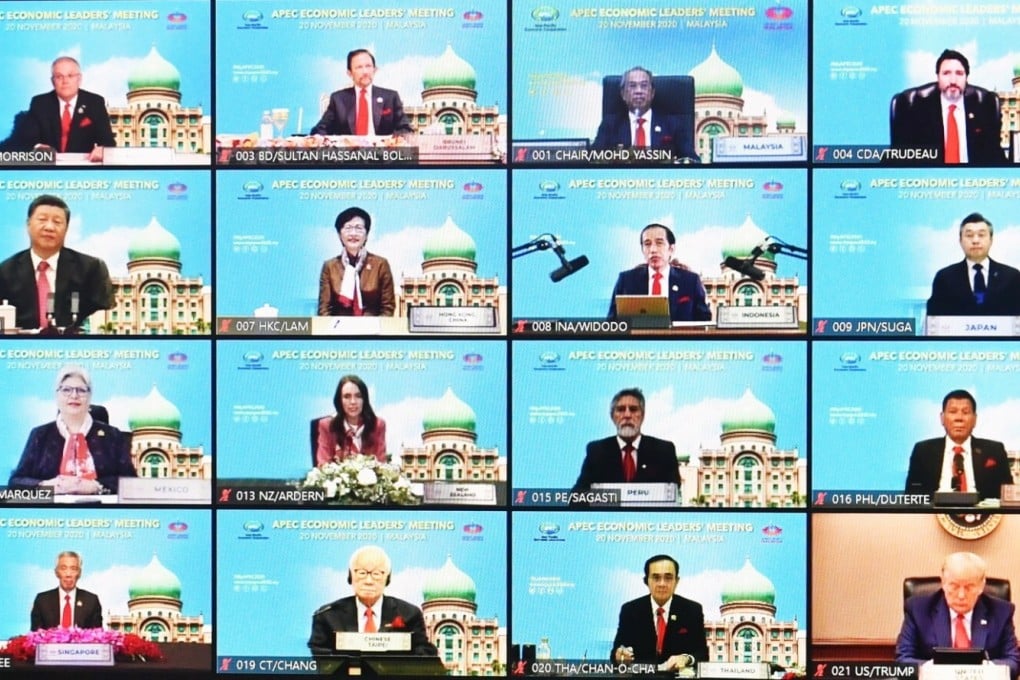Why I will never love Zoom or any other virtual meeting platform
- Virtual meetings ‘euthanise’ away the off-screen opportunities of normal interaction, compromising the effectiveness of vital meetings such as Apec and risking dangerous misunderstanding

I may have no choice but to live with Zoom and virtual everything, but whatever the converts and enthusiasts say, I will never love it. Like the stuff astronauts eat when they are floating for six months in the International Space Station, it may provide essential nutrition, but let us not pretend it is real food.
At first, virtual meetings were a novelty and mildly amusing. Wardrobe malfunctions and the Instagrammable distractions provided by children or pets were sometimes genuinely funny. But the weirdly shifting manufactured backdrops and the up-nostril perspective offered by so many have always been irritating.
Even after 10 months of uncountable Zoom discussions, I find genuinely frustrating that we are still wrestling with flustered delays as people struggle to upload and share PowerPoint presentations, or the energetic but unheard offerings of contributors who have failed to unmute. Or the opposite – the accidental failure to mute, which at best clutters a meeting with distracting background noise, and at worst exposes us to personal, sometimes embarrassing, family conversations.

05:48
Coronavirus: Behaviour expert says top tip for working from home is ‘reduce the guilt’
And then there is what I see as the “euthanising” impact of discussion across a screen of 20 Zooming faces. Janan Ganesh captured the phenomenon well when he mourned the loss of the “jousting crosstalk” that electrifies those meetings we most enjoy, and enriches the conversations from which we learn most. He mourns the loss of the power to interrupt – especially during a meandering or soft-headed Zoom presentation.
